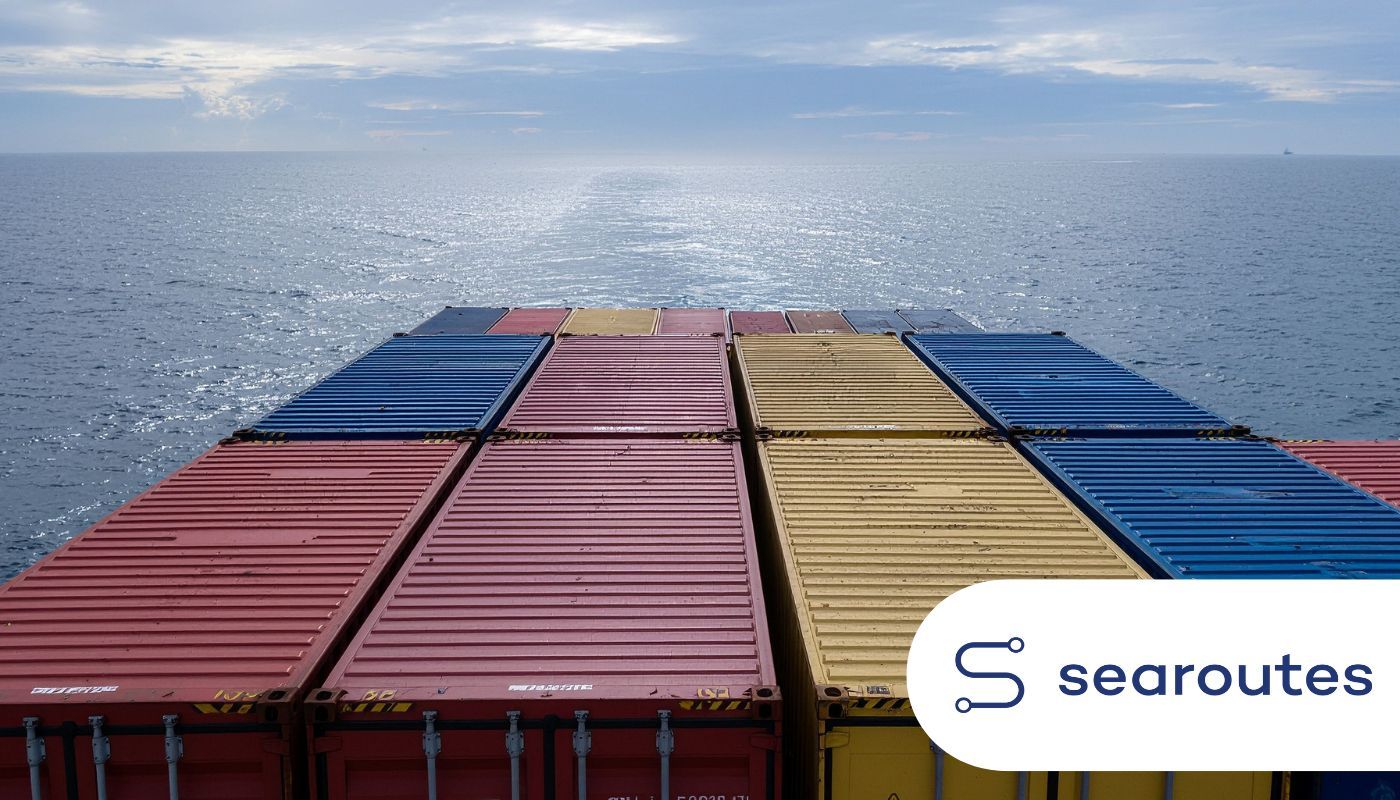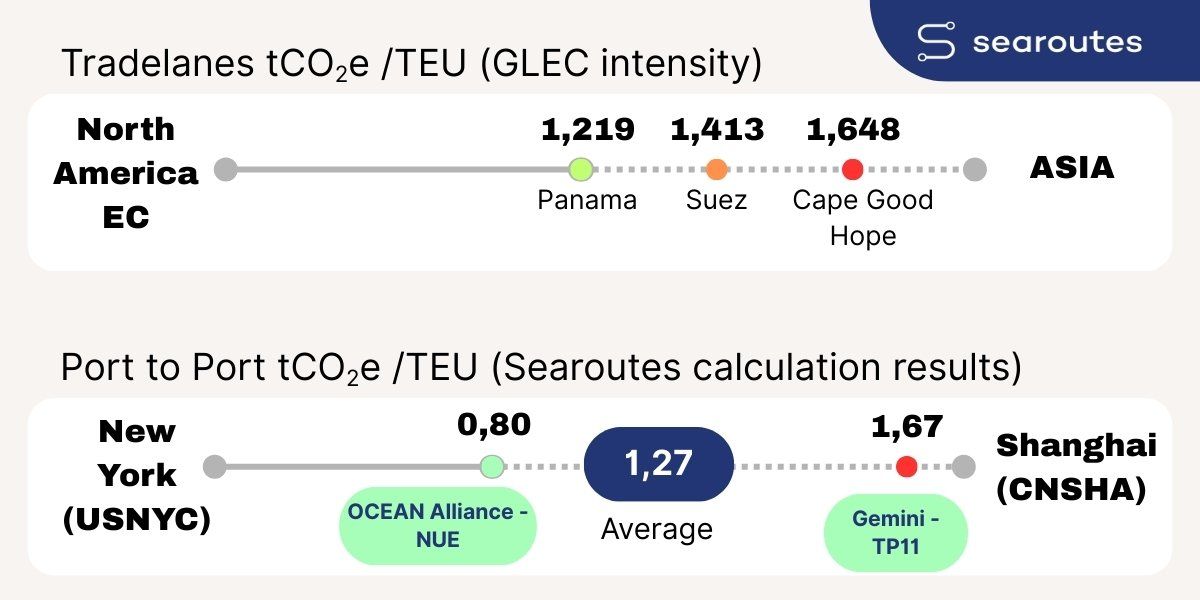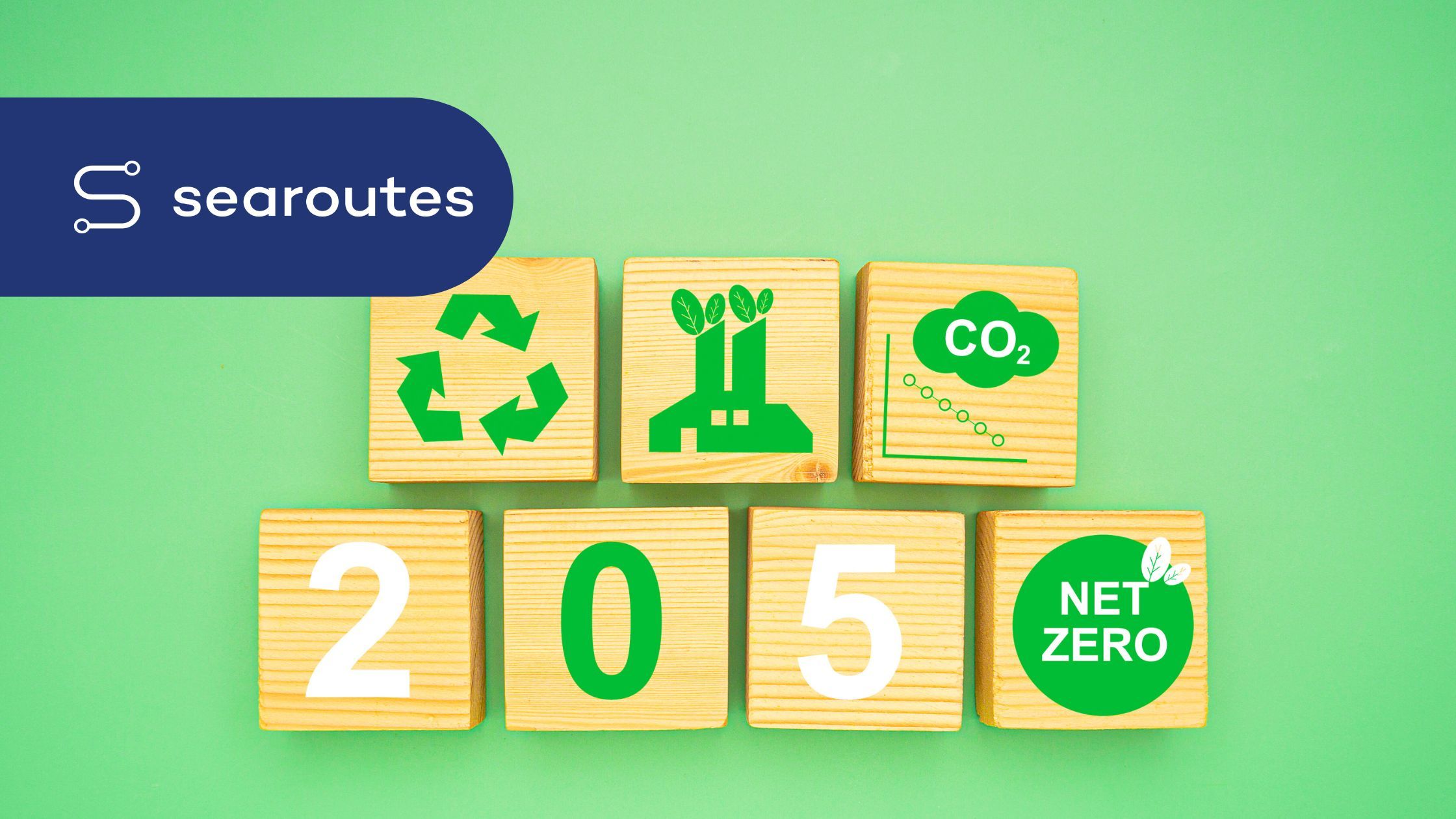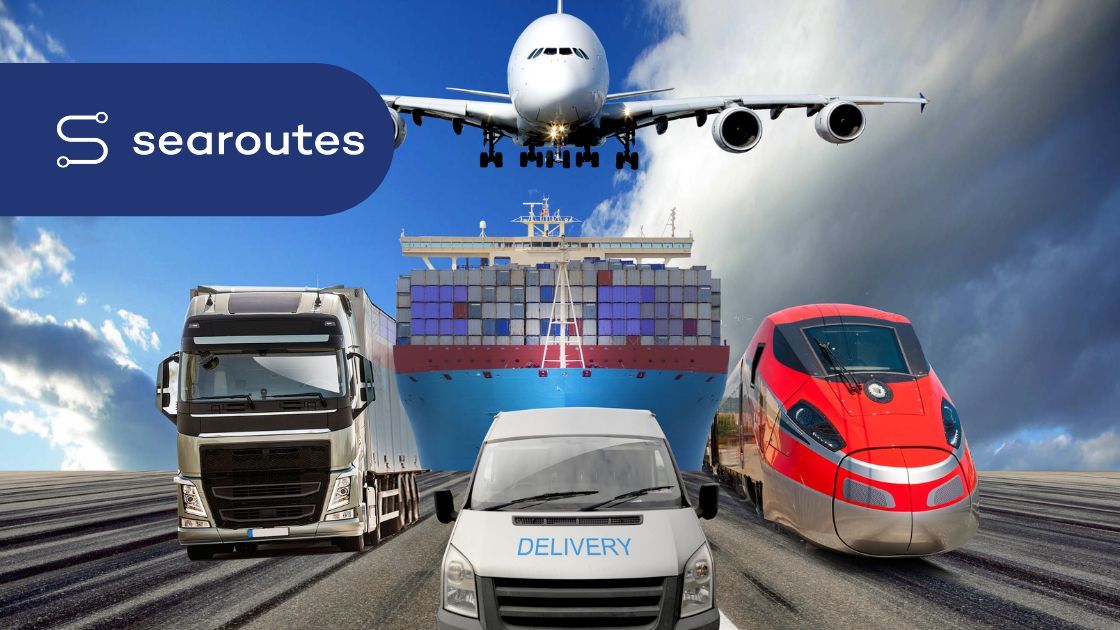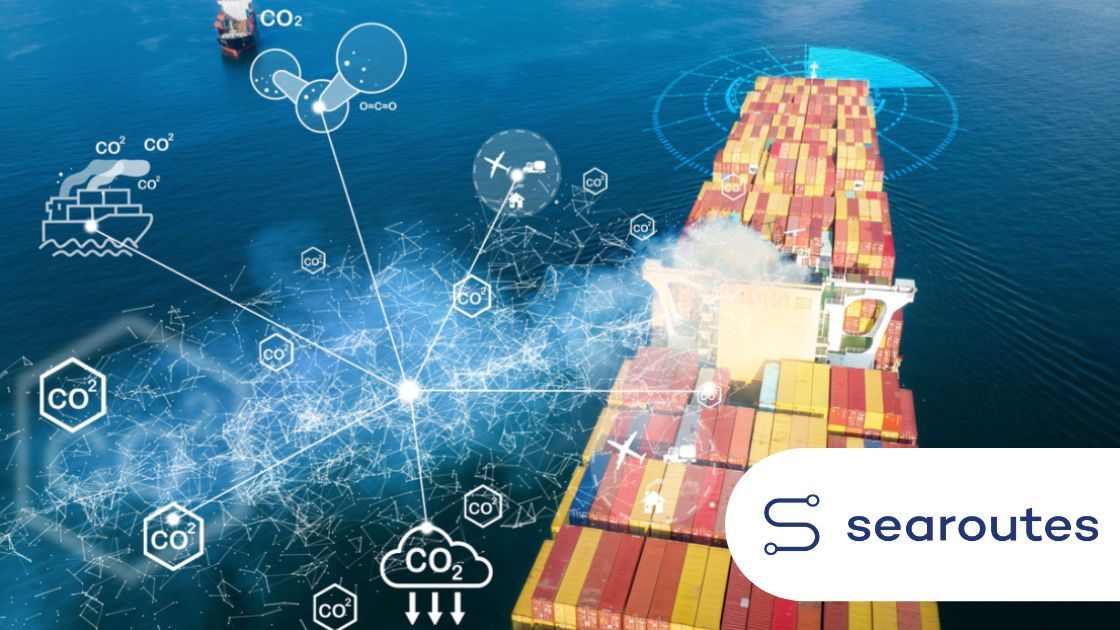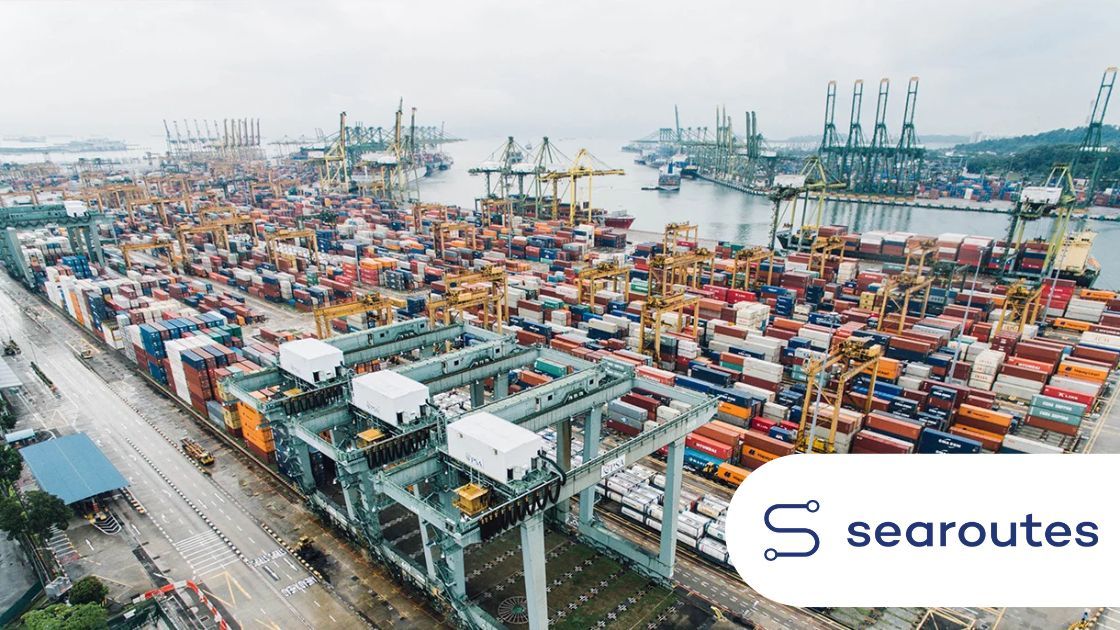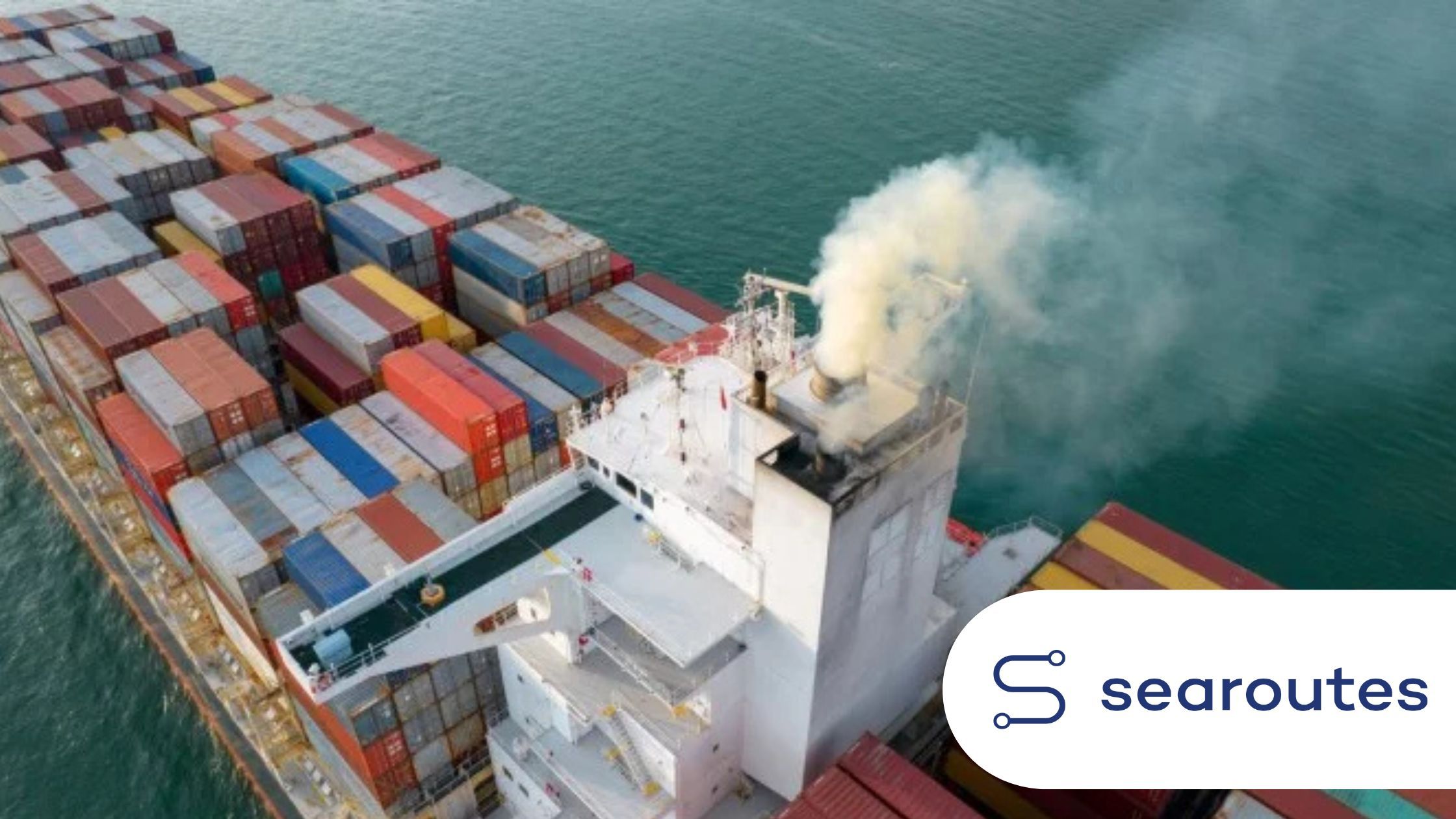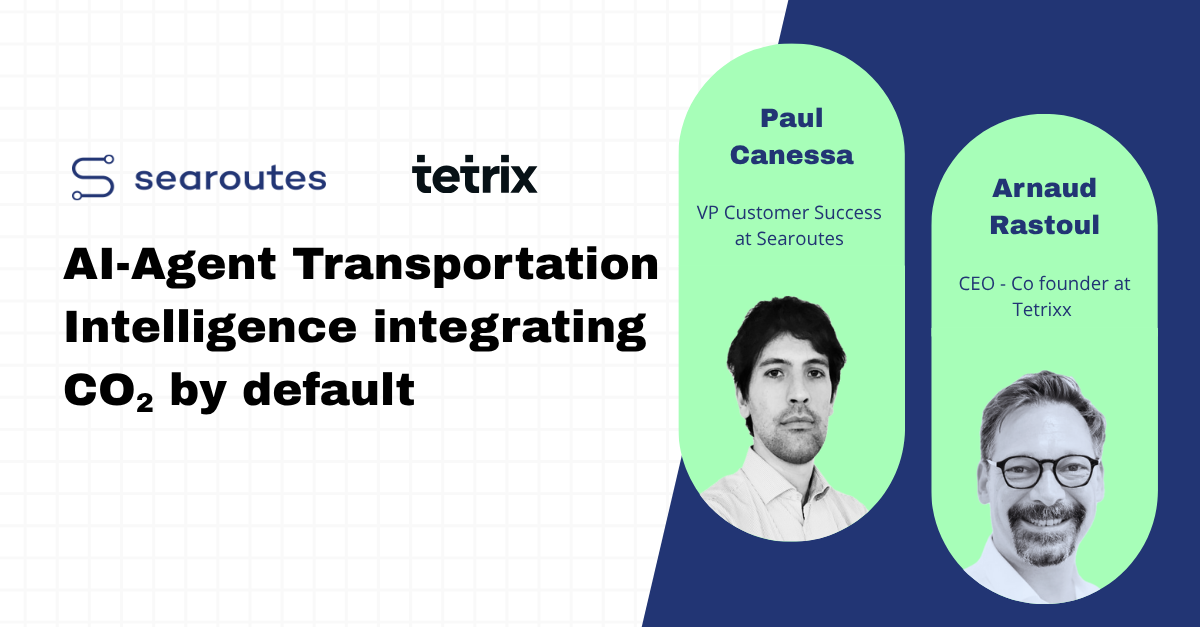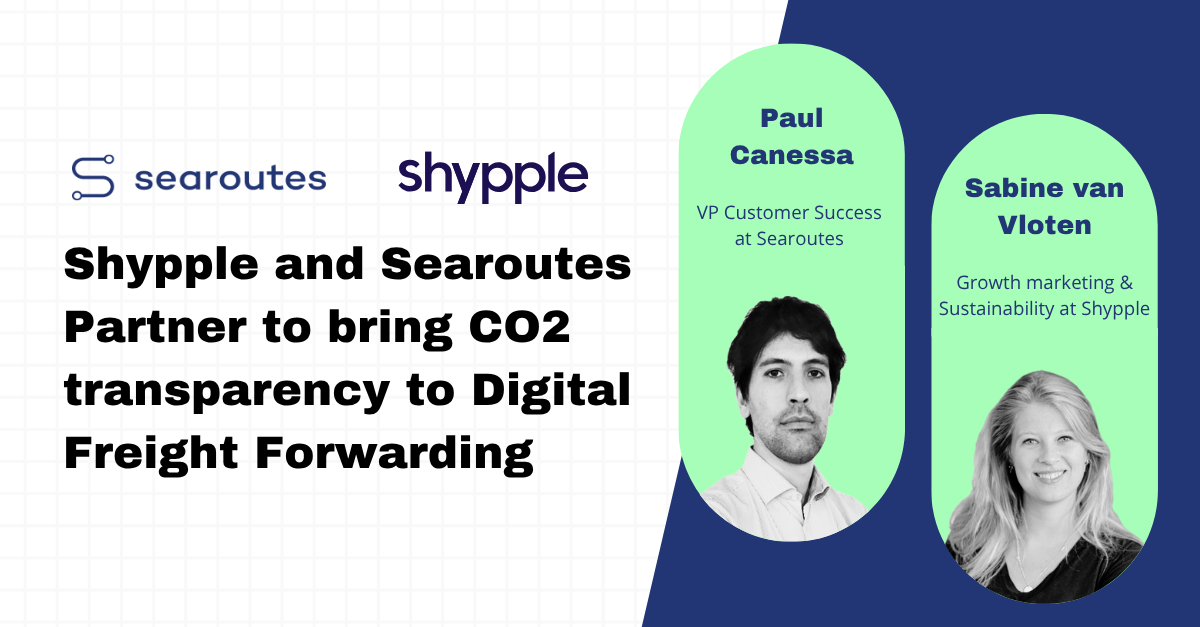EU ETS surcharges have jumped from 1% to 6-12% of shipping costs since 2024. Discover how to reduce your freight expenses through strategic carrier selection.
Scope 3 Emissions Reduction Strategies: Proven Methods to Cut Supply Chain Carbon Impact
Scope 3 emissions account for up to 90% of most companies' total carbon footprint, making supply chain decarbonization essential for meaningful climate action. This comprehensive guide reveals three proven strategies that can reduce transportation emissions by 20% to 80%:...
GLEC v3.2 for ISO 14083 compliance – Framework update
The GLEC Framework v3.2 (2025) introduces groundbreaking updates, including a new air pollutant emissions module and alignment with ISO 14083. Learn how this framework helps businesses achieve sustainable logistics, comply with global standards, and reduce their carbon footprint.
Sea vs. Air Freight, Truck vs. Rail: How to Track and Reduce Carbon Emissions in Freight – transport modes compared
Looking to cut your freight emissions but unsure which transport mode is the greenest? Our guide compares the CO₂e footprint of rail, truck, air, and sea freight, helping you balance speed, cost, and sustainability. Discover actionable strategies to track, optimize, and reduce...
Guide to Freight Emissions Compliance and Carbon Reduction in Logistics
The logistics industry is under increasing pressure to reduce its carbon footprint as global emissions regulations tighten. Companies must understand their scope 3 emissions and adopt effective carbon reduction strategies to stay competitive and avoid emissions charges. This...
GLEC Framework 2025: The Ultimate Guide to ISO 14083 & Sustainable Logistics
In 2025, the GLEC Framework and ISO 14083 are setting the global standard for CO2e emissions reporting in logistics. This guide explains why these standards matter, how they align with regulations like CSRD and EU ETS, and how businesses can use them to reduce emissions, cut...
Carbon Reduction Strategies in the Supply Chain: Measure, Optimise, and Decarbonise
Global logistics contributes ~3% of global greenhouse gas emissions. Discover how advanced CO₂ emissions calculators provide accurate, real-time data to measure and reduce Scope 3 carbon footprints, optimize routes, and ensure compliance with evolving regulations like the EU...
Searoutes powers Freya’s Carbon: AI-Agent Transportation Intelligence integrating CO₂ by default
Tetrixx AI partners with Searoutes to transform transportation data, recovering 2-6% of freight costs while tracking carbon emissions with GLEC 3.1 standards.
A History of Certification in Freight Emission Standards
As global supply chains expanded over the past three decades, so did scrutiny over their environmental impact. Today, companies face regulatory, reputational, and operational pressure to both quantify and reduce supply chain emissions.
Client Highlight: Shypple and Searoutes Partner to Bring CO₂ Transparency to Digital Freight Forwarding
Shypple’s partnership with Searoutes demonstrates how fine-tuned, route-level carbon analytics empowers businesses to optimize their operations and meet evolving regulations.
